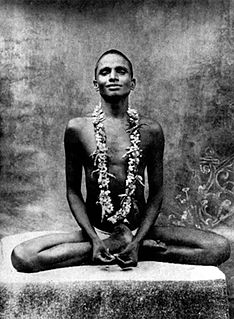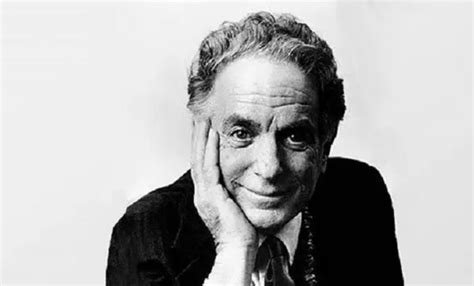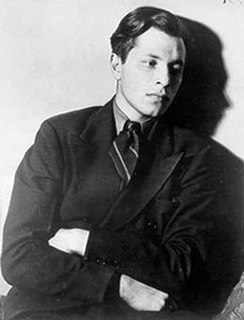A Quote by Virginia Woolf
To survive, each sentence must have, at its heart, a little spark of fire, and this, whatever the risk, the novelist must pluck with his own hands from the blaze.
Related Quotes
A man is born into this world with only a tiny spark of goodness in him. The spark is God, it is the soul; the rest is ugliness and evil, a shell. The spark must be guarded like a treasure, it must be nurtured, it must be fanned into flame. It must learn to seek out other sparks, it must dominate the shell. Anything can be a shell, Reuven. Anything. Indifference, laziness, brutality, and genius. Yes, even a great mind can be a shell and choke the spark.
In whatever area in life one may meet the challenges of courage, whatever may be the sacrifices he faces if he follows his conscience - the loss of his friends, his fortune, his contentment, even the esteem of his fellow men - each man must decide for himself the course he will follow. The stories of past courage can define that ingredient - they can teach, they can offer hope, they can provide inspiration. But they cannot supply courage itself. For this each man must look into his own soul.
With only one life to live we can't afford to live it only for itself. Somehow we must each for himself, find the way in which we can make our individual lives fit into the pattern of all the lives which surround it. We must establish our own relationships to the whole. And each must do it in his own way, using his own talents, relying on his own integrity and strength, climbing his own road to his own summit.
The only victory that really counts in prison is survival. But survival means more than simply being alive. It's not just the body that must survive a jail term; the spirit and the will and the heart have to make it through as well. If any one of them is broken or destroyed, the man whose living body walks through the gate, at the end of his sentence, can't be said to have survived it. And it's for those small victories of the heart, and the spirit, and the will that we sometimes risk the body that cradles them.
a laotong relationship is made by choice...when we first looked in each other's eyes in the palanquin I felt something special pass between us--like a spark to start a fire or a seed to grow rice. But a single spark is not enough to warm a room nor is a single seed enough to grow a fruitful crop. Deep love--true-heart love--must grow.
Writing is linear and sequential; Sentence B must follow Sentence A, and Sentence C must follow Sentence B, and eventually you get to Sentence Z. The hard part of writing isn't the writing; it's the thinking. You can solve most of your writing problems if you stop after every sentence and ask: What does the reader need to know next?
Suppose that a person writes what she must. That is only the first step of becoming a writer. The work must survive the moment of creation. It must get out to an audience. She or he must dare to show the work. She must risk ridicule, misunderstanding, scandal, condemnation, & what's often worse, none of the above: silence. No attention at all.



































